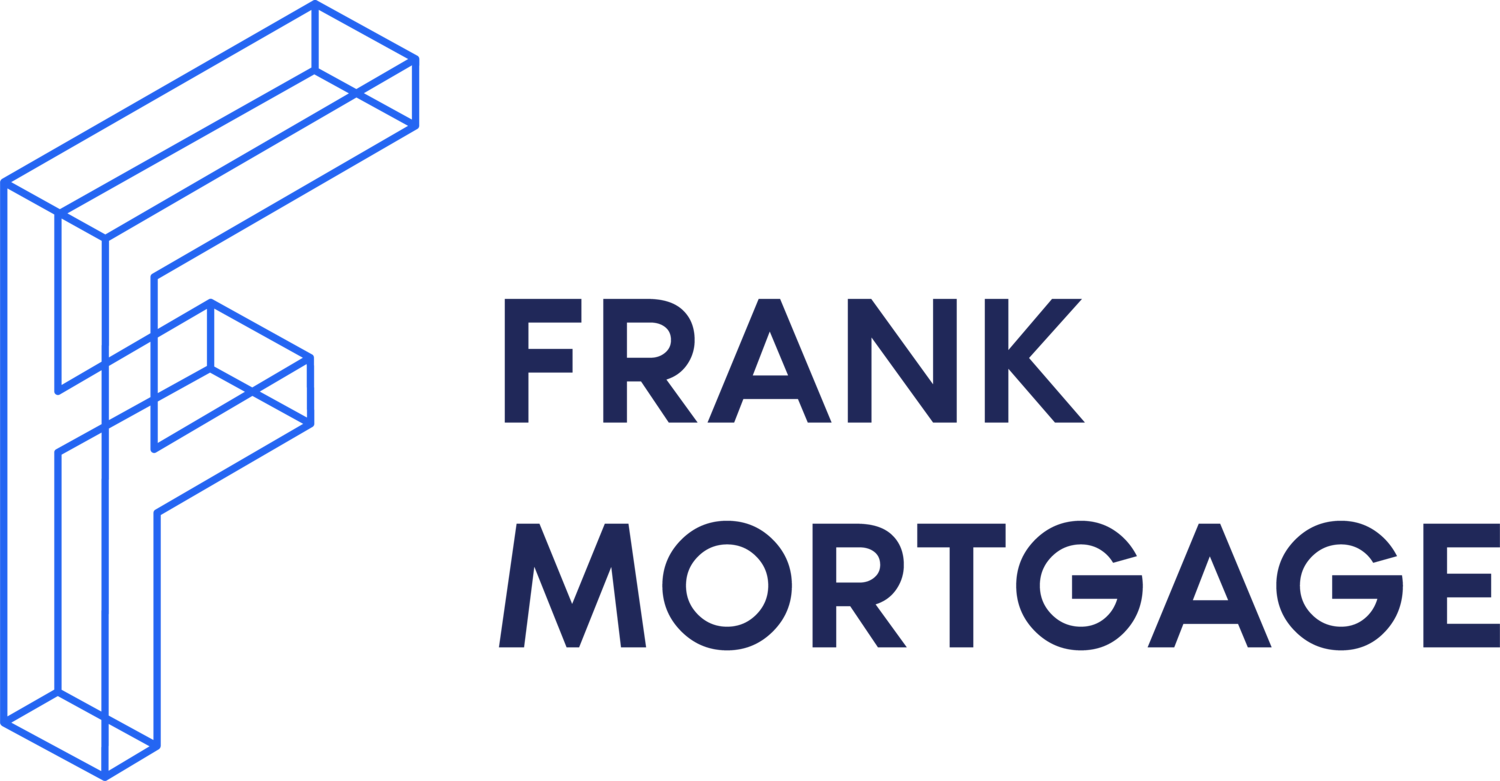How to Repair Your Credit Score
And Set Yourself Up for A Successful Mortgage Application
Mortgage borrowers with higher credit scores get access to the lowest mortgage rates. Do you know your credit score?
Your credit score is a key ingredient in the recipe for successfully obtaining a mortgage. It is so important that you should obtain your credit report and credit score before you start the process of looking for a mortgage. Read on to find out how to get access to your credit score and what to do if you discover that your credit score is lower than you hoped.
This blog is about how to improve your credit score to help you get the best outcome when looking for a mortgage. But first, if you do not know your credit score, what should you do?
Get a Copy of Your Personal Credit Report
Knowing your credit score will help you understand how a lender will assess you.
Your credit score will be a number somewhere between 300 and 900 and will be defined based upon your creditworthiness and indicate your level of risk to lenders. If your score is above 780, you will be considered to have excellent credit, while a score of 720 to 779 will put you in the very good credit category. Any credit score above 680 is considered prime in quality, and for most lenders, a score above 620 is necessary. You might still be able to get a mortgage if your credit score is below this number, but you’ll likely have to pay a higher rate and may incur some fees.
It’s good to know where you stand beforehand, so you’ll want to obtain a free copy of your credit report. To obtain your free credit score and report from Equifax, follow this link: https://www.consumer.equifax.ca/personal/products/credit-score-report/
Don't take it too hard if your credit score is not high. While a low score may impede your ability to get the best mortgage deal today, there are certain techniques you can use to improve your credit.
Ways to Improve Your Credit Score
It is important to understand that repairing your credit score might take some time. Your credit score is based on your borrowing habits over time and improving your score will require a period of good habits to be reflected in your credit report.
Check For Errors - check your personal credit report for errors. Yes, there may be some bad data or errors on your credit report. Read it over carefully. Follow the instructions in the report on how to report errors. The credit agency will investigate any error that you note for them.
The types of errors you might find could include: i) a credit line that is closed but still reported as open on the credit report; ii) an account included on your report that does not belong to you; iii) credit utilization information that is out of date; and iv) a missed payment being inaccurately reported.
Eliminating reporting errors is the easiest fix for an unexpectedly low credit score.Pay Your Bills on Time - Keeping on top of your bills and payments is crucial. Make sure you are always making the minimum payments. Set up auto payments so you know you will never forget to make a payment. Or use a budgeting app that can track your payments. If that is not possible, most credit card companies can also arrange to have text reminders sent to you before the payment due dates as a reminder. Making payments on time is critical to a good credit score. In the formula used to calculate your credit score, your payment history is the largest component.
Also note that it is a good idea to contact your creditors if you are suffering financial hardship and don’t believe you can make the payments. Most creditors will work with you to arrange a repayment plan you can afford that won’t damage your credit score.Reduce Debt - Reduce your total debt with a focus on bringing down the outstanding amounts on your high-account balance credit lines. Each credit line will have a limit and the percent of that limit you have drawn is called the utilization rate. High utilization rates, generally considered to be north of 30%, are a potential concern, especially if you are not making regular payments on time.
Maintain Multiple Credit Lines - Note that the credit reporting agencies do not look at debt as a bad thing. Having multiple credit facilities is a good thing as long as you are paying down the debt in a timely manner and not carrying high balances. Try to keep older accounts, such as credit cards, open. Showing available credit improves your credit history and reduces your utilization rate. Don't be tempted to use this additional credit in any material way, however, note that it can help boost your credit score to charge a small transaction once a month, like a coffee or a lunch, and then pay it off immediately.
Simplify - Try to reduce your overall administrative burden. If you have balances on several lines and credit cards, consider a debt consolidation loan. All the balances can be rolled in to one loan with one monthly payment. This can help you keep pace with the payments and not be stressed having to make multiple debt payments every month. Also, the cards you pay down can remain unutilized, improving your credit score.
Don’t Shop Around for Credit Too Often - It's also a good idea to limit the number of credit inquiries on your account, as a high number of credit inquiries will reduce your score and attractiveness to lenders.
Don’t Be Afraid to Ask for Help – If you believe that you cannot keep up with your current debt obligations and you see no way to pay down your debts, perhaps you should consider talking to a credit counseling firm. These firms can analyse your debt situation, recommend solutions, and also contact creditors to negotiate your payment obligations on your behalf. If you do this be sure to pick a reputable firm that has a good track record and charges reasonable fees.
Take Charge – Fix Your Credit Score
A poor credit score can derail your attempt to obtain a mortgage. Without a good credit score you may end up in a lower credit category that requires the lender to charge a higher rate of interest, possibly making the mortgage unaffordable. In the worst case, your poor credit score can result in you being declined for a mortgage.
If you have serious prior credit impairments, such as a prior bankruptcy or consumer proposal, those blemishes remain on your credit report for seven years. If you commit to handling your debts responsibly, the impact these issues have on your credit score will diminish over time.
If you don’t have serious prior credit impairments but have a poor credit score, the fix is in your control. Better debt management is all it takes. The benefits of maintaining a good credit score are material, especially if you want to be a homeowner.
There may not be a quick fix to repair your credit score but there are several manageable steps you can take to improve your score over time and put yourself in a good position to get a good deal on your mortgage.
For a quick check on what interest rates might be available to you, given your credit score, check out this easy rate discovery tool - https://www.frankmortgage.com/rate-discovery-tool

Don Scott
Don Scott is the founder of a challenger mortgage brokerage that is focused on improving access to mortgages. We can eliminate traditional biases and market restrictions through the use of technology to deliver a mortgage experience focused on the customer. Frankly, getting a mortgage doesn't have to be stressful.
Connect with Don on LinkedIn!


